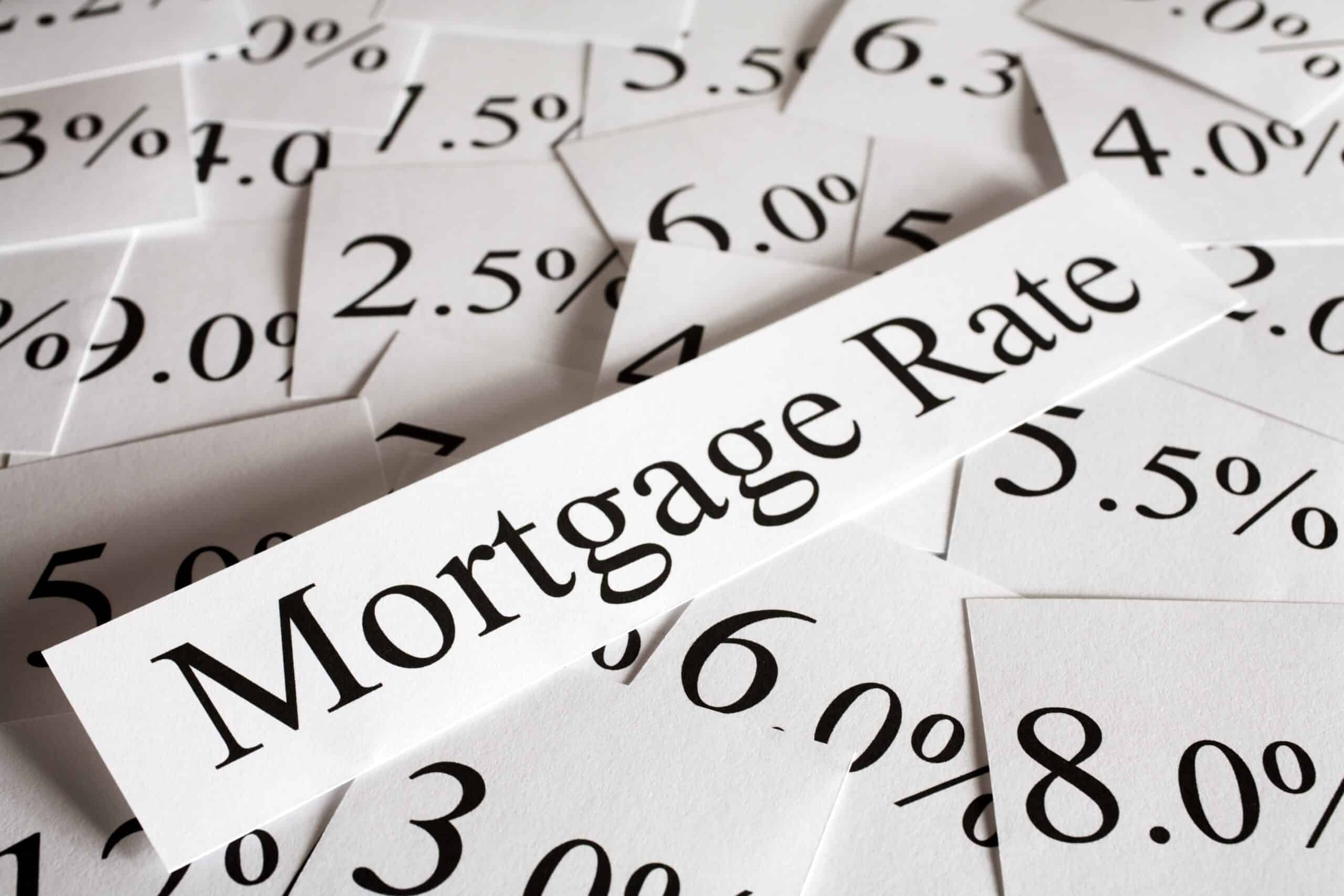.If you have an adjustable rate mortgage, then it’s important to know how fluctuating interest rates can impact your mortgage payments. In general, when interest rates increase, mortgage payments go up, too.
With that in mind, Stay ahead of the game by staying informed about mortgage rate predictions, enabling you to craft a well-informed budget. Unravel the intricate factors impacting mortgage rates, the challenges of accurate prediction, and the profound implications they have on debt settlement.
Factors Affecting Mortgage Rates
Home interest rate predictions vary based on the borrower’s qualifications and general indicators regarding the health of the overall economy. When it comes to the individual, a number of factors can influence the mortgage rate they’re offered. The most significant predictor of a high mortgage rate is a low credit score, a poor credit history, and a lack of proof regarding financial stability. On top of those factors, the downpayment you plan on paying, the equity in the home, the loan-to-value ratio, and your personal debt-to-income ratio also play a role, too.
Methods Used for Predicting Mortgage Rates
Several factors influence mortgage rates on an economic level, but the biggest indicator of what the future mortgage rate trend outlook will be is what the central bank is doing. If the Fed seems like they’ll increase interest rates, then that’s a huge indicator that mortgage rates will go up, too.
Another common way to predict mortgage rates is to take a look at geopolitical events. In general, more stability means greater financial opportunity and lower rates. Experts also often look at unemployment levels. When unemployment is low, rates are usually lower, too.
Challenges in Predicting Mortgage Rates
Predictions for mortgage rates are often fairly accurate, but all mortgage rate predictions can fall short. This is especially true considering how complex the factors are that determine mortgage rates. Within hours, the entire state of the economy or the geopolitical atmosphere can change. Unemployment rates can shift dramatically as a result of policy changes or for other reasons. The Fed can make dramatic changes in the interest rates, too.
All these challenges can lead to unpredictable rates, which can leave borrowers powerless in the future. If payments become too high due to fluctuating rates, then it can even drive borrowers into bankruptcy.
Implications and Recommendations
Over the past few years, the economy has been in a state of flux. You may be wondering — when are interest rates going down? The good news is that the latest mortgage rate predictions suggest that rates will start to fall throughout 2023. By the end of 2023, it’s estimated that rates will fall by 5.5 percent.
If you’re currently in a bad position due to debt from your fluctuating mortgage, then it might be wise to consider your options like proposing a debt settlement or submitting to a debt management plan.
If you’re interested in learning more about your debt relief options, then we want to invite you to fill out our online debt relief application now to find out more.

Gabriel Gorelik paves the way for customer service and operations at United Settlement. He is passionate about numbers and holds a strong belief in helping anyone with their debt. Before United Settlement, Gabriel received his BS in Finance & Economics from Brooklyn College. After graduation, Gabriel went on to build his first financial services company where he managed thousands of accounts for business and consumer clients. He understands the importance of client satisfaction, professionalism, and exceeding expectations.












